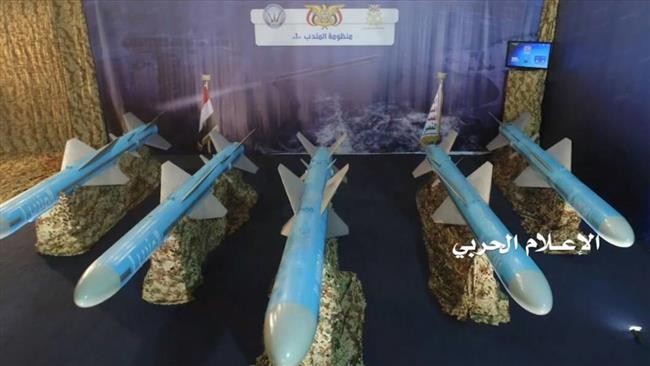US allegations on Yemen missile ‘provocative’, ‘destructive’: Iran
YemenExtra
Y.A
Iran’s UN mission has categorically dismissed as “unfounded” US Ambassador Nikki Haley’s claim that a missile fired at Saudi Arabia from Yemen last month was supplied by the Islamic Republic.
In a statement released on Thursday, the mission denounced the US allegations as “irresponsible, provocative and destructive,” saying “this purported evidence … is as much fabricated as the one presented on some other occasions earlier.
These accusations seek also to cover up for the Saudi war crimes in Yemen, with the US complicity, and divert international and regional attention from the stalemate war of aggression against the Yemenis that has so far killed more than 10,000 civilians, displaced three million, crippled Yemen’s infrastructure and health system and pushed the country to the brink of the largest famine the world has seen for decades, as the UN has warned,” the statement read.
It went on to accuse the US government of being “constantly at work to deceive the public into believing the cases they put together” to advance its agenda.
While Iran has not supplied Yemen with missiles, these hyperboles are also to serve other US agendas in the Middle East, including covering up for its adventurist acts in the region and its unbridled support for the Israeli regime,” the statement read.
It also stressed “the Yemenis’ right to self-defense” and reiterated that the conflict in the impoverished country had no military solution.
Speaking to reporters on Thursday, Iranian Ambassador to the UN Gholam-Ali Khoshrou also rejected his American counterpart’s claims and said the “show” Haley put up earlier in the day was merely meant to cover up Washington’s own supply lethal weapons to the Saudi regime, which have resulted in the deaths of Yemeni women and children.
Those “empty and meaningless” accusations, Khoshru said, has nothing to do with Iran, whose stance on Yemen is based on “dialog and peace.”
“Iran wants peace, dialog and an immediate ceasefire and a halt to bombardments” against Yemen, said the senior diplomat, emphasizing that the US “must, above all, end its arms sales to Saudi Arabia.”
Iran’s Foreign Minister Mohammad Javad Zarif also took to twitter to compare Haley’s allegations against Iran to those of former US secretary of defense, Colin Powell, who alleged in 2003 that former Iraqi dictator, Saddam Hussein, was hiding weapons of mass destruction in order to make a case for attacking the country.

